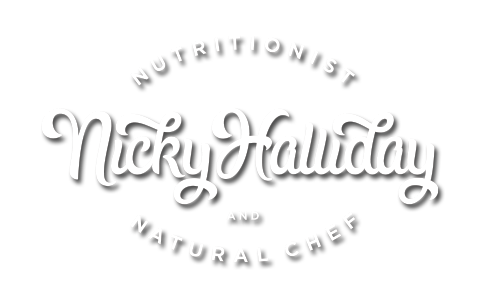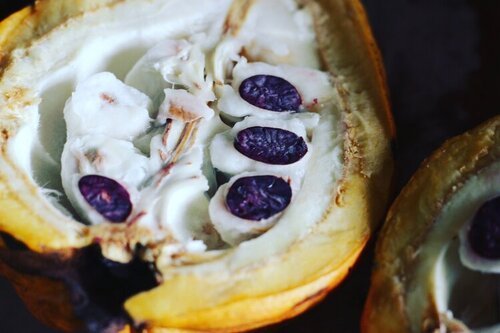Ceremonial Cacao: A Sacred Plant and Its Role in Modern Society
Cacao has a rich history dating back to ancient civilizations in Central and South America. The Mayans and Aztecs believed that cacao was a sacred plant, used for ceremonial and medicinal purposes. Today, ceremonial cacao is making a resurgence in modern society, as people are rediscovering the powerful healing properties of this plant.
What is Ceremonial Cacao?
Ceremonial cacao is made from indigenous cacao beans, which are grown and processed by the indigenous tribes in a specific way to preserve the plant's natural healing properties. It is typically consumed in a ceremonial setting, where it is used as a tool for personal growth, spiritual connection, and healing.
The cacao used in ceremonial cacao is organic, ethically sourced, and grown without the use of pesticides or chemicals. It is also minimally processed, which preserves the natural compounds and nutrients found in the cacao beans.
The Health Benefits of Ceremonial Cacao
Ceremonial cacao is known for its powerful healing properties. It contains high levels of antioxidants, which can help to protect the body against damage from free radicals. It also contains a range of other nutrients, such as magnesium, iron, and zinc, which are essential for overall health and well-being.
One of the most well-known benefits of ceremonial cacao is its ability to boost mood and reduce stress. The cacao bean contains a compound called theobromine, which is a mild stimulant that can help to improve focus and concentration. It also contains anandamide, which is a naturally-occurring compound that can help to reduce feelings of anxiety and depression.
Ceremonial Cacao and Spiritual Connection
Ceremonial cacao has a long history of being used as a tool for spiritual connection. The Mayans and Aztecs believed that consuming cacao in a ceremonial setting could help to connect them with the spirit world. Today, ceremonial cacao is still used in this way, as people are rediscovering the plant's ability to help them connect with their inner selves and the world around them.
Ceremonial Cacao at Nicky Halliday in Ireland
The wonderful sustainable organic cacao I serve and sell is made by an cooperative of indigenous Bri-Bri women in the Talamanca Mountains of Costa Rica. Costa Rica’s Talamanca region, Indigenous Bribri women are championing sustainable agroforestry practices in a tradition that stretches back for millennia. Known as fincas integrales, it’s a system that mimics the diversity and productivity of the forest: timber trees provide shade for fruit trees, which in turn shelter medicinal plants, amid all of which livestock and even wildlife thrive. The community here practices a resilient and ancient agricultural system called agroforestry that also benefits biodiversity and climate change, since perennial and annual crops are grown together to mimic a forest. The Bribri are one of the world’s few matrilineal societies: land is handed down from mother to daughter. Cacao is at the centre of another noteworthy ancestral practice, forming the core of their sacred rituals. “Cacao represents women in our cosmovision,” López says. “We drink it for marriages when a person dies, when we are pregnant for the first time. Cacao is purification, it represents our blood.”

